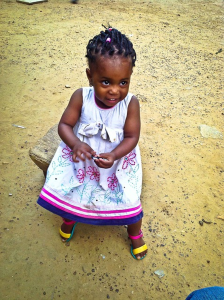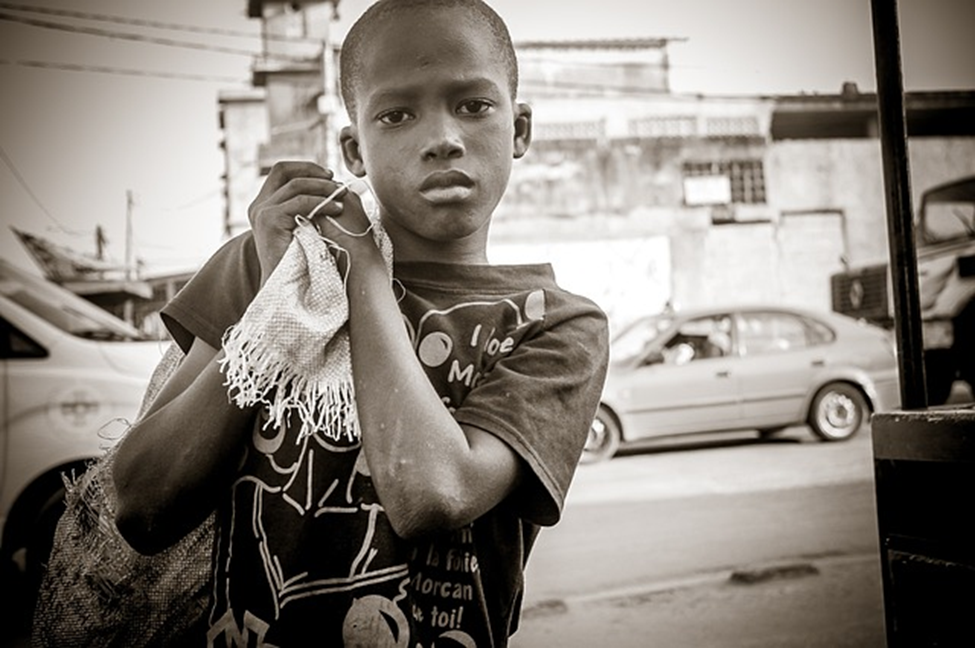February, 2024 African Proverb of the MonthCome back child.Sukuma (Tanzania) Proverb
 |
Shogaga nigini. (Sukuma) Rudi mtoto. (Swahili) Reviens, mon enfant. (French) Come back child. (English) |
Sukuma (Tanzania) Proverb
Background, Meaning and Everyday Use
The Synodal Process (“walking together”) plays a great role in reminding Catholic Church members of their duties to learn good values enough to discover and practice them for uniting all the faithful on the way towards God. They can do this through inculturation where there is a wide room for getting those cultural values from ethnic groups that are found in African nations.
Tanzania is one of those African nations that is a good example because of having 136 languages. The Sukuma Ethnic Group with its language Sukuma has the most speakers in the nation. It has a population of “8,130,000 increasing” according to the 2016 Ethnologue:
Languages of the World that makes 16 percent of the nation’s total population. In this language 88% of the speakers are in the traditional rural areas while few of them are in the cities.
The people in this Sukuma Ethnic Group frequently impart knowledge to one another in their daily lives by using proverbs, sayings and so on. They educate their members to unite them together by using a variety of proverbs which encourage them to walk together in fulfilling their economic, social and cultural activities. One of those proverbs says, come back child.
This proverb has its origin from the young people who lived in Mwatuju Village of Kishapu District in Shinyanga Region. These young people manage to pass knowledge on repentance from one another by using this story. There was a young boy who went to Shinyanga Town thinking that he would have a good life there. When he got there, he started facing problems such as lack of food and clothing. He became one of the street children. His friends whom he left in his village looked for him until they found him and realized that he was facing a number of problems. That is why they told him, “come back child.”
Parents resemble the children who cared for their friend by looking for the one who faced problems in Shinyanga town and telling him to return back to his home. Parents also bring back their children who violated their good upbringing by telling them, “come back child.”
This proverb teaches people about repentance and raising their children in good values so that they can raise nicely family members in their societies.
Biblical Parallels
Luke 15:11-32: “And He said, “A man had two sons. “The younger of them said to his father, ‘Father, give me the share of the estate that falls to me.’ So he divided his wealth between them. “And not many days later, the younger son gathered everything together and went on a journey into a distant country, and there he squandered his estate with loose living.
“Now when he had spenteverything, a severefamineoccurred in that country, and he began to be impoverished. “So he went and hired himself out to one of the citizens of that country, and he sent him into his fields to feedswine. “And he would have gladlyfilled his stomach with the pods that the swine were eating, and noone was giving anything to him. “But when he came to his senses, he said, ‘Howmany of my father’shiredmenhavemorethanenoughbread, but I am dyinghere with hunger! ‘I will get up and go to my father, and will say to him, “Father, I have sinnedagainstheaven, and in your sight;I amnolongerworthy to be called your son; make me as one of your hiredmen.”‘
So he got up and came to his father. But while he was still a longwayoff, his fathersaw him and feltcompassion for him, and ran and embraced him and kissed him.”And the sonsaid to him, ‘Father, I have sinnedagainstheaven and in your sight; I amnolongerworthy to be called your son.'”But the fathersaid to his slaves, ‘Quicklybring out the bestrobe and put it on him, and put a ring on his hand and sandals on his feet;and bring the fattenedcalf, kill it, and let us eat and celebrate;for thisson of mine was dead and has come to lifeagain; he was lost and has been found.’ And they began to celebrate.
“Now his olderson was in the field, and when he came and approached the house, he heardmusic and dancing. “And he summonedone of the servants and began inquiringwhat*thesethings could be. “And he said to him, ‘Your brotherhascome, and your father has killed the fattenedcalfbecause he has received him backsafe and sound.’
But he became angry and was not willing to go in; and his father came out and began pleading with him. “But he answered and said to his father, ‘Look! For so many years I have been serving you and I have never neglected a command of yours; and yet you have never given me a young goat, so that I might celebrate with my friends; but when this son of yours came, who has devoured your wealth with prostitutes, you killed the fattened calf for him.’ “And he said to him, ‘Son, you have always been with me, and all that is mine is yours. ‘But we had to celebrate and rejoice, for this brother of yours was dead and has begun to live, and was lost and has been found.’”
Ephesians 6: 4: “Fathers, do not provoke your children to anger, but bring them up in the discipline and instruction of the Lord.”
Romans 8: 5-6: “For those who live according to the flesh are concerned with the things of the flesh, but those who live according to the spirit with the things of the spirit. The concern of the flesh is death, but the concern of the spirit is life and peace.”
Hebrews 12:14: “Strive for peace with everyone, and for that holiness without which no one will see the Lord.”

Contemporary Use And Religious Application
This Bena Proverb encourages all people to keep and toThis Sukuma proverb encourages members of the Small Christian Communities (SCCs) to visit those who went astray in following Jesus and giving them a chance of returning to the Church of Christ where they can repent their sins. Such encouragement can enable the lost ones to come back to Jesus enough to invite the Holy Spirit to lead them in their service towards God.
It enables the SCC members to maintain their unity enough to answer the Synodal Process’ key questions for coming up with good values that can also empower them to carry on walking together in fulfilling their daily activities.
The SCC members resemble the young people who advised the one who faced problems in Shinyanga Town to come back to the Mwatuju Village. They can do so by telling those who lost their Catholic faith to believe in Jesus by putting into practice His commandments of love to God and to one another on way to the Heavenly Kingdom. They should tell each of the lost ones, come back child.
No. 1204 SHOGAGA NIGINI in the Sukuma Legacy Project https://sukumalegacy.org
It includes Swahili and English translations.
Text and photos:
Rev. Zakaria Kashinje, OSA
Dar es Salaam, Tanzania
Cellphones:
+255-756-887787 Vodacom
+255-717-3337787 Tigo
+255-786-337787 Airtel
Email: zkashinje@gmail.com
zkashinje@yahoo.co.uk
